RESILIENCE
Capacity strengthening for each person's choice and initiatives
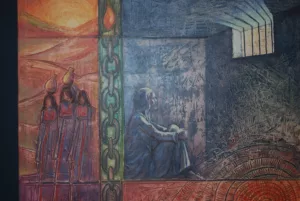
Towards transformative resilience…
Often the goal of resilience is to bounce back to return to the ‘normality’ situation before the crisis, as a springboard. But is this realistic and sufficient for sustainable reconstruction? Our starting point for a better understanding of resilience is that in the face of a crisis, each individual, group or community …
Continue reading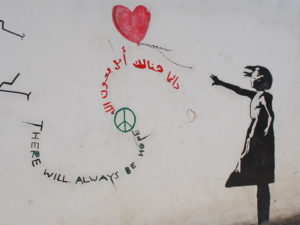
Arts, communication and action research
Art and communication are extremely useful and powerful means for expressing positive and negative feelings, visualizing possible initiatives and alternatives, partially regaining control over crises and making one’s positions or demands heard. This corresponds to the essential factors for building resilience. Artistic expressions are therefore used during action research using …
Continue reading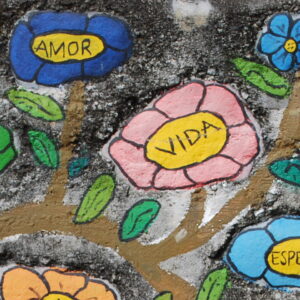
… by a paradigm shift
Often, resilience-building projects focus on improving the means of survival or adaptation of life to the conditions created by crises, the return “to normality”. This is essential to maintain the possibilities of action of the affected populations. But it’s a rebound, not a breakthrough.However, to be able to really progress …
Continue reading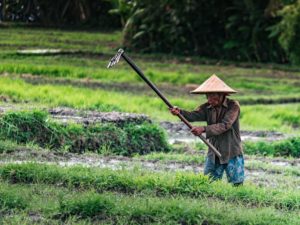
Building transformative resilience
The feeling of control over the future and the ability to choose in one’s own life depend a lot on the skills that can be mobilized. School education and capacity building are therefore essential vectors for building resilience. On the one hand, it is a question of better equipping the young generations ...
Continue reading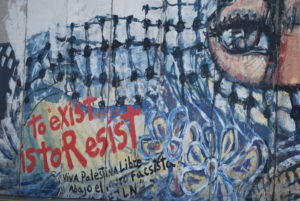
Culture and local knowledge in building resilience
Often, local cultures and knowledge are not or barely mentioned in debates on resilience. They are often limited to details related to the context or specific situations. However, during crises, daily life is reorganized and finds in cultural aspects, the means to develop strategies of survival, adaptation and …
Continue reading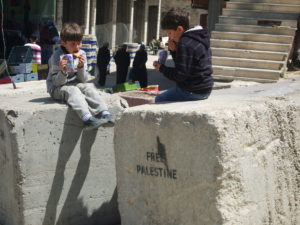
Some methodological proposals
CERAR, through its approach based on the localization and enhancement of local knowledge, aims to increase resilience by putting at the center existing forces and local opportunities perceived by local communities, to translate them into projects and to communicate and negotiate in existing social networks. CERAR, through its approach based on the …
Continue reading